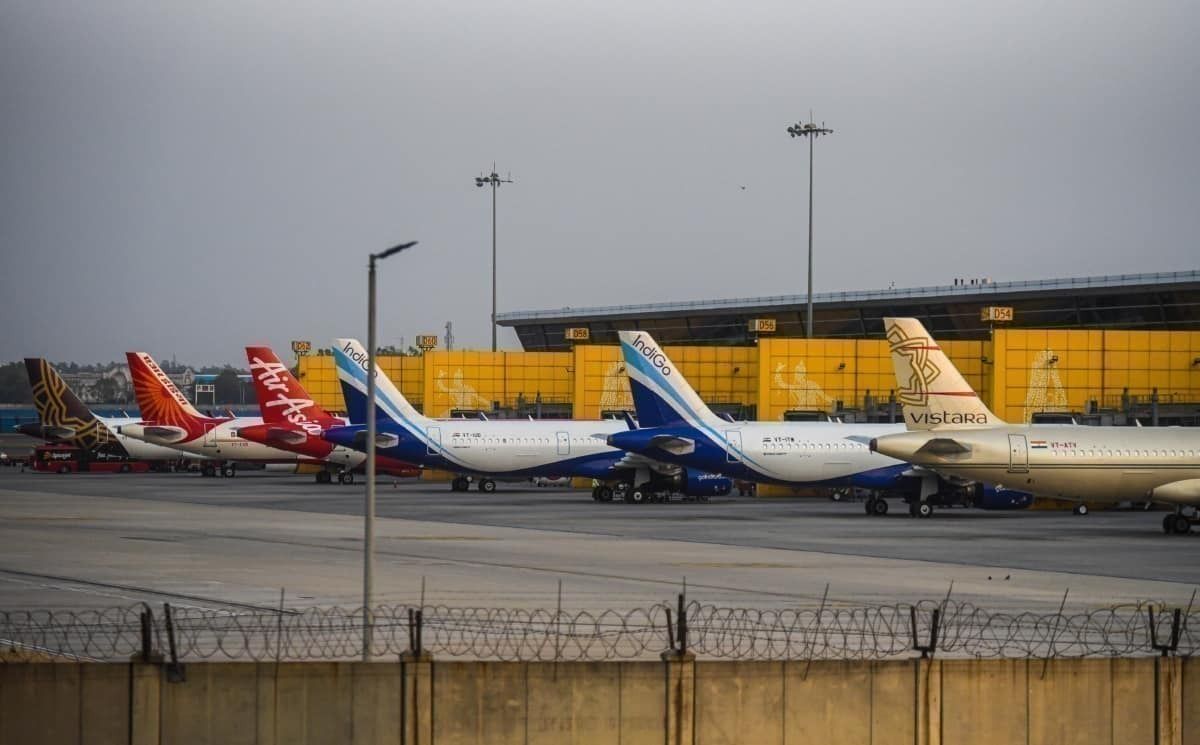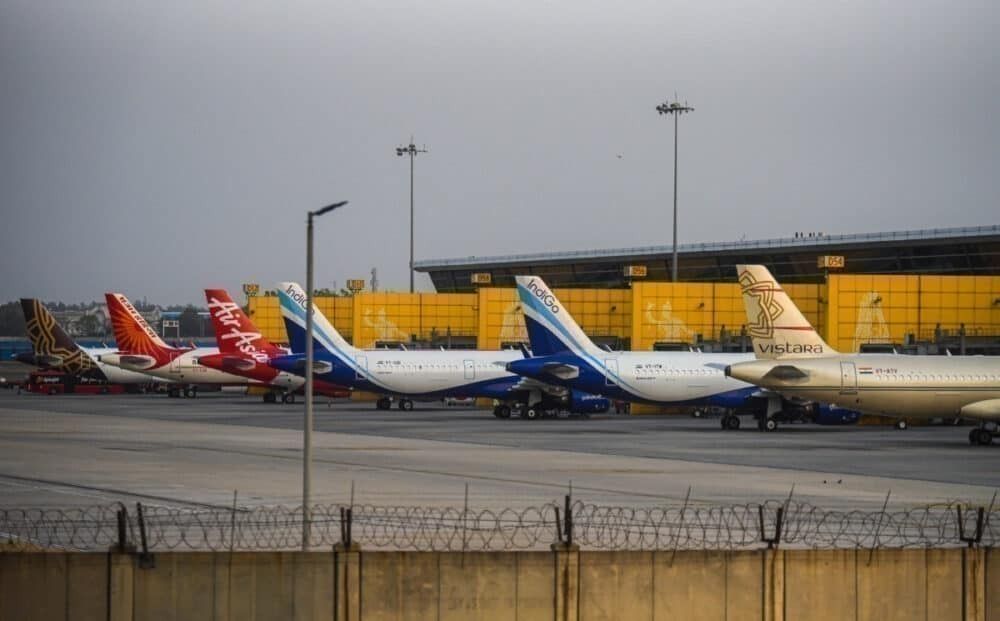As a part of its green push, Indian airports are considering electric vehicles for airport operations. A few airports have already introduced electric vehicles, with the government hoping to push all airports towards the trend. The Airports Authority of India (AAI) hopes to become carbon neutral in the next few years through several green measures.
Electric vehicles
An important change in the journey to carbon neutrality is the adoption of electric vehicles at the airport. This could include electric buses, aircraft stairs, tugs, cargo transporters, ground cars, and more. No specific details about the AAI's plans have been given yet, but we can expect a sizeable number of vehicles to be ordered by airports in the next few years.
Stay informed: Sign up for our daily aviation news digest.
According to The Statesman, Kolkata Airport is already making plans to transition from fuel-based vehicles to electric ones. The airport currently has five electric transporters, all of which are used for ground handling operations. Kolkata will order more such vehicles next financial year, according to the airport's director.
Green initiatives
The adoption of electric vehicles is part of a broader plan unveiled by the Airport Authority of India. The AAI recently signed a Memorandum of Understanding (MoU) with the National Thermal Power Corporation to set up solar panels at over 100 airports in India, according to the Financial Express. The long-term goal is to reach 100% solar power operation at major airports and reducing fossil-fuel use.
India is already home to the world's first all-solar airport in Cochin International Airport, an achievement AAI hopes other airports will replicate. However, going all-solar is no easy feat, with larger airports like Chennai requiring up to 55MW of power. The project will likely take years before reaching anywhere close to fully green airports.
Growing popularity
The addition of solar panels, electric vehicles, and other carbon-reduction measures are becoming more popular across the aviation industry. This comes as the industry battles its image as a major polluter and looks for ways to reduce its overall footprint. Major airports such as Heathrow have already pledged carbon neutrality in the coming years. It is positive to see India making a major shift towards neutrality as well.
Aside from airports, airlines have been making a number of moves to offset their emissions. The most popular method has been carbon offsetting schemes, where passengers pay to reduce their impact from their flight on the environment. Additionally, airlines have been trialing biofuels and flying protocols to reduce fuel burn.
Despite this year's crisis, the aviation industry continues to push towards a more sustainable future. India's top-down airport management means that green initiatives could be implemented quite quickly, perhaps in the new few years too.
What do you think about the new green measures? Can they substantially reduce the environmental impact of aviation? Let us know in the comments below!





